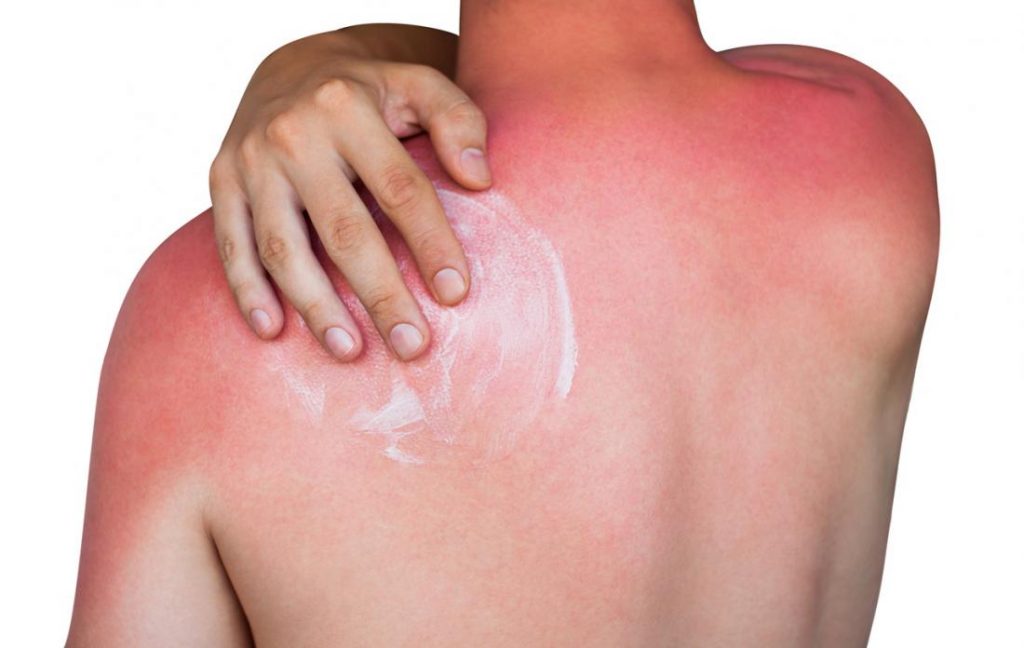When it comes to the field of dermatology there are a lot of misconceptions out there. That’s why we decided to put together a list of some of the more common ones to help debunk those assumptions.
Myth: Foods can cause acne.
Now while what you eat can have an influence on the health of your skin, in regards to acne, is usually correlated to genetics. Although foods cannot cause you to get acne, it is possible for them to contribute to it, however.
Myth: Genetics determine how your skin will age.
Another common myth is that genetics play a large role in how your skin ages. Although genetics can play a role, a bigger one is played by your lifestyle and overall health.
Myth: If I get a base tan at a salon, I won’t sunburn outdoors.
This one couldn’t be further from the truth. A tan is actually a sign of damage to your skin and in no way prevents further damage from future sun exposure. The best way to prevent sunburn is to avoid tanning and use sunscreen.
Myth: Any sunscreen will adequately protect my skin from the sun.
A sunscreen must have an SPF of at least 30, combined with ingredients such as titanium dioxide and zinc oxide. This will help to block both UVA (long-wave radiation which can lead to wrinkling and aging) and UVB (short-wave radiation which can cause sunburn) rays, both of which can lead to skin cancer.
Myth: Once I put on sunscreen for the day, it is not necessary to apply it again.
Sunscreen must be reapplied every two hours or after exposure to water.
Myth: If I shave my hair, it will grow back thicker.
Unfortunately for people with thinning hair, this is not true. Although the hair may appear thicker after shaving, this is just an optical illusion. The hair is exactly the same thickness it was before shaving it.
As you can see, there are a lot of myths in relation to dermatology, but hopefully being aware of some will help you in the future.

 Due to the spread of COVID-19, the CDC made a recent recommendation that everyone should be wearing face masks in public. Although face masks provide important protection from the virus, wearing them for an extended period can also lead to skin irritation. Here are some things you can do to avoid that.
Due to the spread of COVID-19, the CDC made a recent recommendation that everyone should be wearing face masks in public. Although face masks provide important protection from the virus, wearing them for an extended period can also lead to skin irritation. Here are some things you can do to avoid that.







